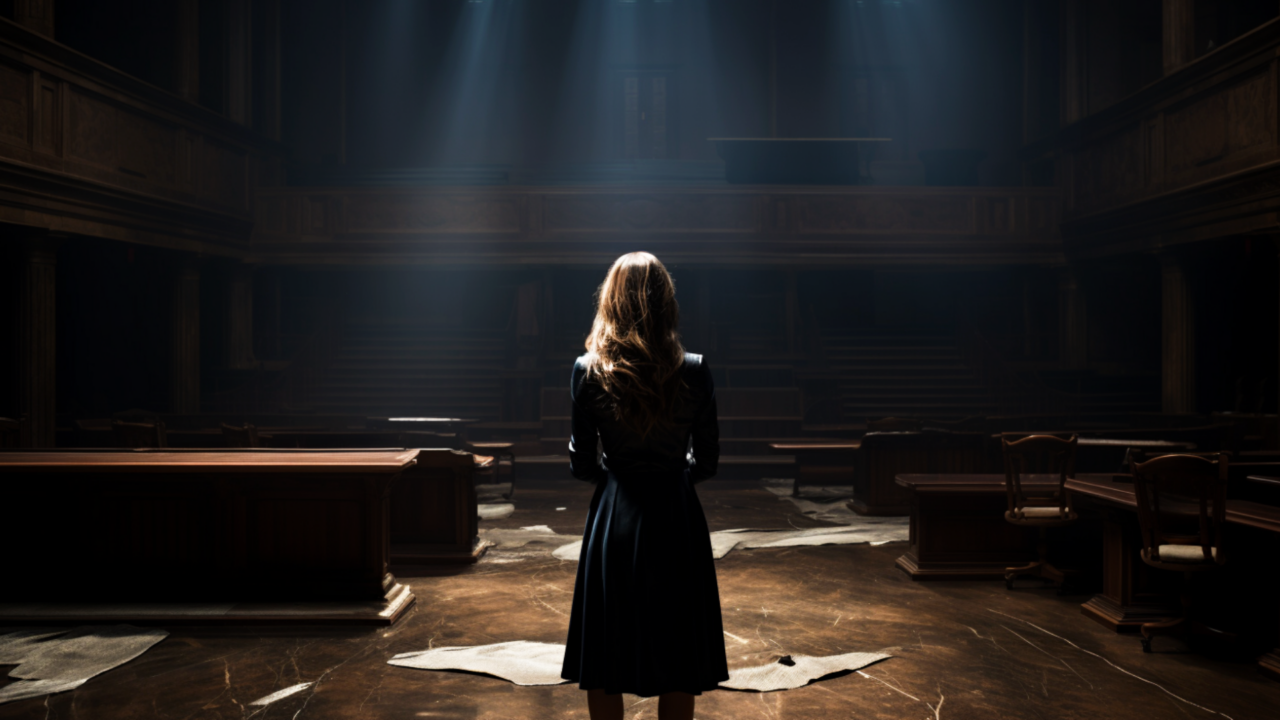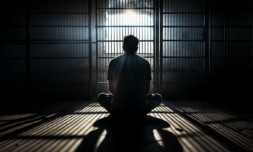One of the primary purposes of the English legal system is to ensure justice is served to those who break the law, including cases involving rape and sexual assault. But for many, the justice system is failing.
After five years of trying to bury what happened to her, Ciara decided to report that she was raped.
‘It had got to the point in my story where my private, personal, professional lives were all being brought in together because of the trauma,’ says Ciara. ‘I was finding it very difficult to have any power over what had happened to me, for anybody to take me seriously.’
After what she described as the ‘traumatic experience’ of reporting her rape and the ensuing months of waiting, Ciara received a call to find out her rapist would not be charged.
‘At the time, they gave me a decision that they weren’t going to charge, and then we found more evidence in terms of messages and texts and things that I had been able to recover from an old computer,’ says Ciara. ‘I got a little bit of a false sense of hope when that happened.’
Unfortunately, Ciara’s tragic story is shared by thousands of women across England and Wales.
Last year, 67,169 rapes were recorded by the police, and by the end of the year, only 1,276 (1.9%) of these cases resulted in charges being bought. This meant that only 2 in 100 rapes recorded by the police resulted in a charge that same year, let alone a conviction.
‘The system is broken. It doesn’t work,’ says feminist attorney Dr Ann Olivarius. ‘It’s really quite a painful joke.’
Ann has been tackling sexual assault and rape cases for over four decades. She says the lack of commitment to take the issue seriously by police and wider society makes it hard to get a rape conviction.
‘There is no commitment in this country, even in government, in any kind of situation at least, people don’t feel that commitment,’ says Ann. ‘There is a widespread view that this is just not a problem.
‘We are culturally conditioned to think certain behaviours are normal, which makes it difficult to understand what is going wrong.’
Ciara encountered this when she heard that the Crown Prosecution Service (CPS) was not going ahead with the charge. Ciara says she received a lot of baseless ‘lip service’ from the officer, who told her that a lot of time had passed, there was no DNA, and she was intoxicated, making it difficult to prove the fact in court.
Ciara grilled the officer on what would have happened if the circumstances had been different – if she had been sober, if she had the DNA, or if she had gone to the police straight away.
‘I grilled him for a good 20 minutes,’ says Ciara. ‘Every single time I asked him a question, the answer was the same, which was: ‘No, probably not, probably not’, every time I said why, he couldn’t give me an answer.
‘I wanted the charge so that I could move on with my life and have some justice in my story.’
Even when charges are brought, many women have trouble securing a conviction against their rapists. Louise reported that she had been raped by her father 36 years ago, and despite being charged with nine counts of rape of a child, he was not convicted.
After the first trial ended with the jury being discharged, a second trial took place at the same court. The defendant was found not guilty of one count of raping a child under 12. The jury was unable to reach a verdict on the remaining counts.
The defendant was then found not guilty to two charges of raping a girl under 16 after the third trial. The remaining charges were undecided by the jury.
Despite her emotional turmoil, Louise was prepared to take on yet another trial, but CPS decided not to proceed and could only do so in exceptional circumstances.
‘They said I’d been a very credible witness, and he hadn’t, but they weren’t willing to take on a third trial,’ says Louise.
‘How more exceptional can it get than a child rapist who’s also got convictions for domestic violence and numerous violent convictions, driving under the influence, grievous bodily harm, criminal damage, theft of a vehicle… you name it, he’s got it.
‘They (CPS) broke me. They didn’t give a shit.’
‘Survivors might wait months or even years for a decision to be made about their case, or they might be told their case is receiving no further action without much clarification as to why,’ says Jayne Butler, the CEO of charity Rape Crisis England & Wales.




















